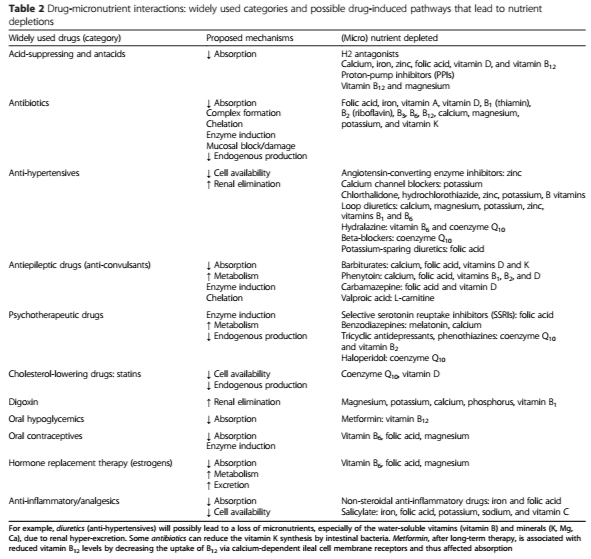It’s always best, if possible, to get your nutrition through food. However, todays modern diets are often lacking in key nutrients and, when tested, many people have been found to be deficient. Other factors such as injury, disease, medication, pregnancy and genetics may also increase your nutritional requirements.
Nutrient deficiency can cause or promote a range of musculoskeletal problems such as tendonitis, disc pain and arthritis (along with other chronic diseases like heart disease or diabetes) [1]. In many cases, taking a nutritional supplement can be a quick, easy and safe way to overcome the nutrtional shortcomings of a modern western diet.
Identifiying nutrient deficiency and the need to supplement can be tricky but the following few questions can help identify areas of potential risk….

Fatty fish are the primary source of healthy, “anti-inflammatory” omega-3 fats. These should be balanced with omega-6 fatty acid (found in processed food and vegetable oils intake) in approximately a 2:1 ratio. Most Western diets however are highly skewed in favour of omega-6 fatty acid over omega-3, sometimes in orders of 20:1. This imbalance is considered unhealthy (“pro-inflammatory”) and there is general agreement that individuals should consume more omega-3 and less omega-6 fatty acid to promote a healthy inflammatory response. This is important for all injuries and pains as the “inflammatory response” is the first phase of all tissue healing.
Omega-3 deficiency or imbalance can also manifest as physical signs in the body. These include painful and swollen hands and wrists, dry skin, eczema, diffuse redness of the skin, cracking of the finger tips.
If you do not eat 3 or more servings per week of fatty fish (e.g. salmon, mackerel, sardines and herring) and/or eat a lot of processed foods or vegetable oils, consider taking a good quality omega-3 supplement (particularly if you have symptoms of deficiency). We recommend Arctic Cod Liver Oil – available from The Natural Dispensary (use practitioner ‘Steffen Toates’ to register).
Collagen is the main protein in your muscles, ligaments and tendons. It is high in the amino acid Glycine. Glycine can be made from the body but only around 3 grams per day. The human body requires at least 10 grams per day for basic processes. More after injury. We therefore have to make up this deficit through food. Glycine is found mostly in gelatinous meats (shanks, necks, feet, oxtails etc.) all of which are eaten less frequently than in the past. If you do not eat gelatinous meats regularly and suffer from osteoarthritis, tendon or muscle injury try supplementing with collagen hydrolysate. We recommend Green Lakes Collagen Hydrolysate.

The use of some medications can result in decreased levels of certain micronutrients in the body [2,3]. These are summarized in the table below [3].

If you are taking any of these medications you should consider supplementing with the micronutrient(s) they have be shown to deplete, particularly if you have signs or symptoms of deficiency. Deficiency in magnesium for example, is associated with migraines, tingling in the hands and feet, muscle cramps and high blood pressure.
For more information on supplmentation, nutrition and more visit our resource pages here.
This post was written by Steffen Toates. Steffen is a chiropractor at Dynamic Health Chiropractic in Jersey, Channel Islands. For more infomation about Steffen click here.
© 2025 Dynamic Health. Powered by Oncord
Leave a Comment